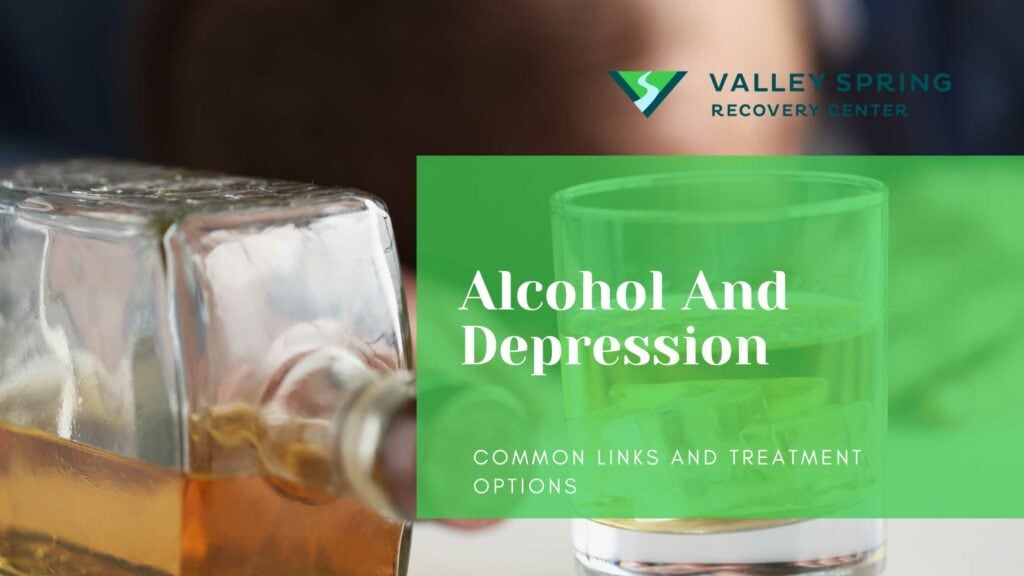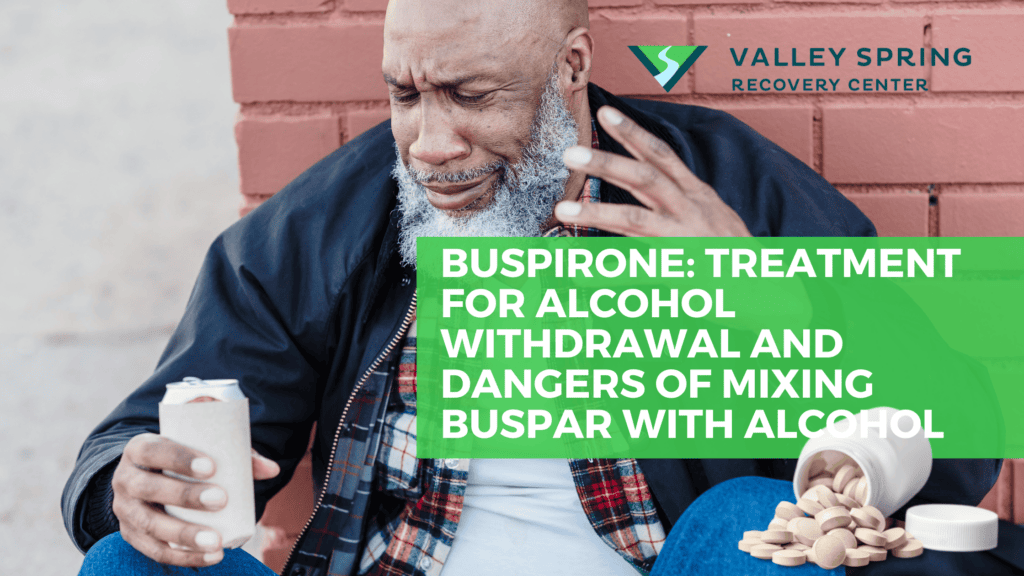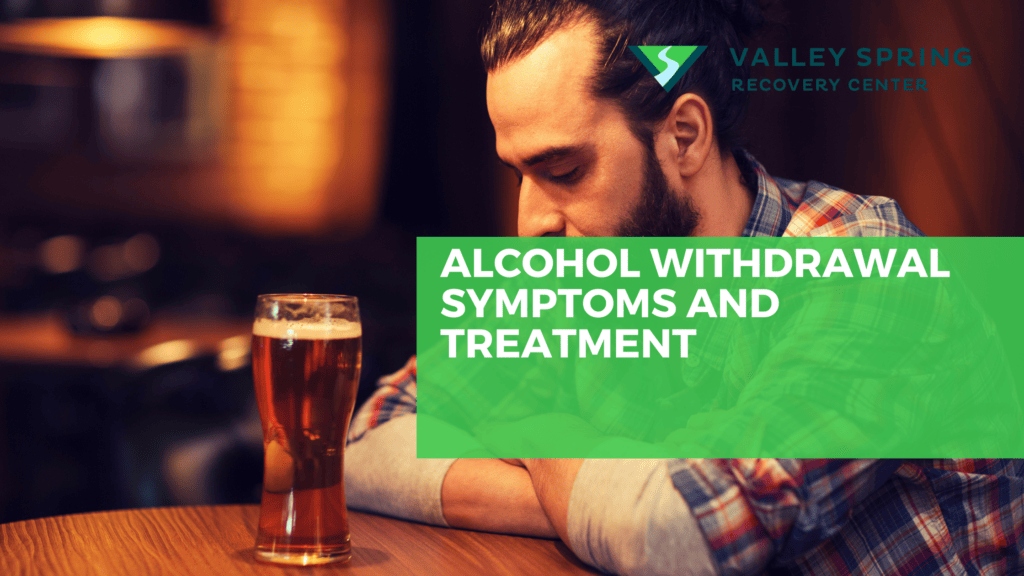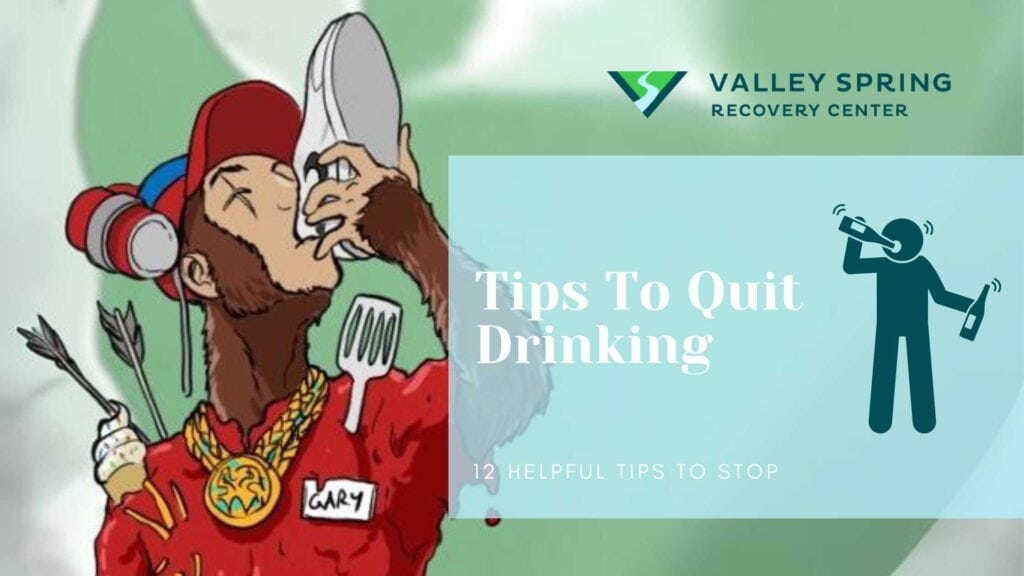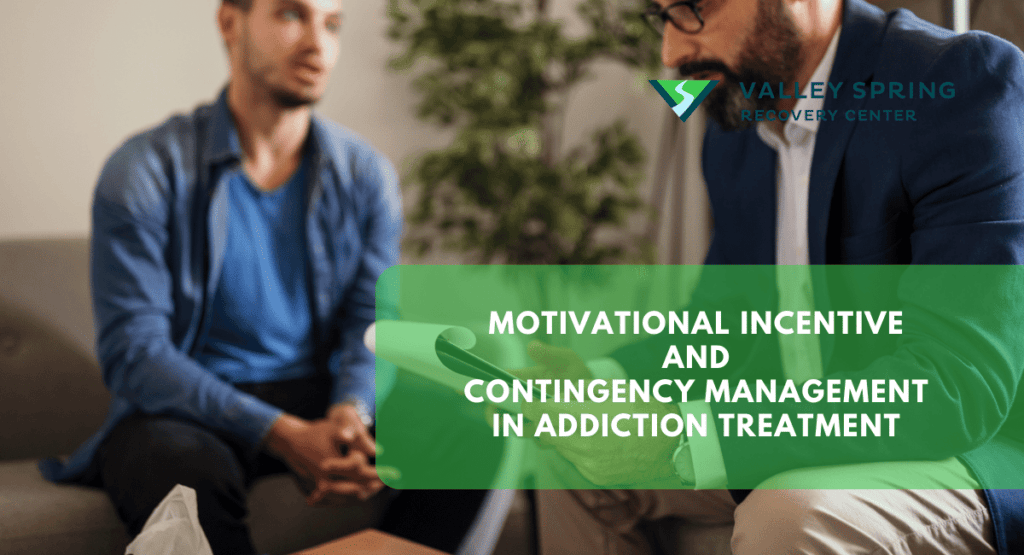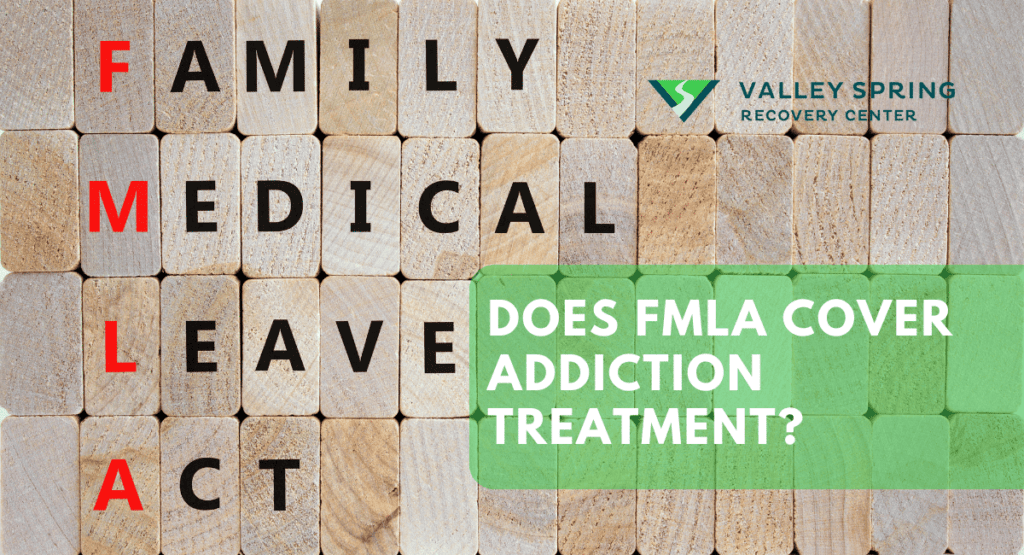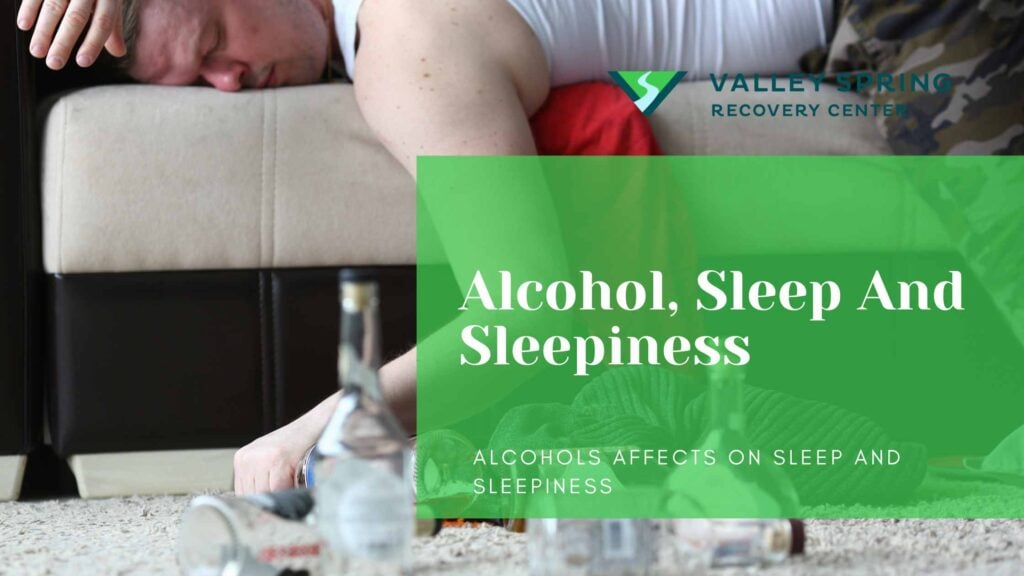The intricate relationship between alcohol use and depression remains a topic of significant concern in the realm of mental health and addiction. Notably, research reveals a startling connection: more than one out of every three alcoholics has experienced episodes of intense depression and/or severe anxiety, as indicated by studies from Cox et al. in 1990 and Wilson in 1988. This statistic underscores the complex interplay between alcohol abuse and mental health disorders.
The relationship between alcohol-use disorders and psychiatric symptoms of depression and anxiety is both clinically important and very complex according to Brady KT and Lydiard RB in their 1993 study on The association of alcoholism and anxiety in Psychiatric Quarterly.
What is a depressant drug?
Depressants are A type of drug that slows down brain activity, which causes the muscles to relax and calms and soothes a person. Alcohol is a depressant substance, depressant substances reduce arousal and stimulation. Typical depressant drugs like alcohol affect the central nervous system, slowing down the messages between the brain and body according to 1998 research from Brands B, Sproule B, Marshman J, in the Ontario Addiction Research Foundation.
What Is The Connection Between Alcohol and Depression?
Alcohol is a central nervous system depressant that significantly impacts brain function, leading to symptoms such as sadness during intoxication and anxiety during hangovers and withdrawal, as highlighted in a 1993 study by Brady KT and Lydiard RB in Psychiatric Quarterly. The relationship between alcohol and depression is multifaceted: while alcohol can induce depressive symptoms, individuals may also use alcohol to self-medicate pre-existing depression, according to Psychiatrist and Medical Director Dr. Michael Olla of Valley Spring Recovery Center. Moreover, alcohol use disorder (AUD) is often linked with depression, necessitating integrated treatment approaches to address both conditions effectively. This complex interplay suggests that while alcohol can exacerbate or contribute to depressive states, it is not the sole cause of depression.
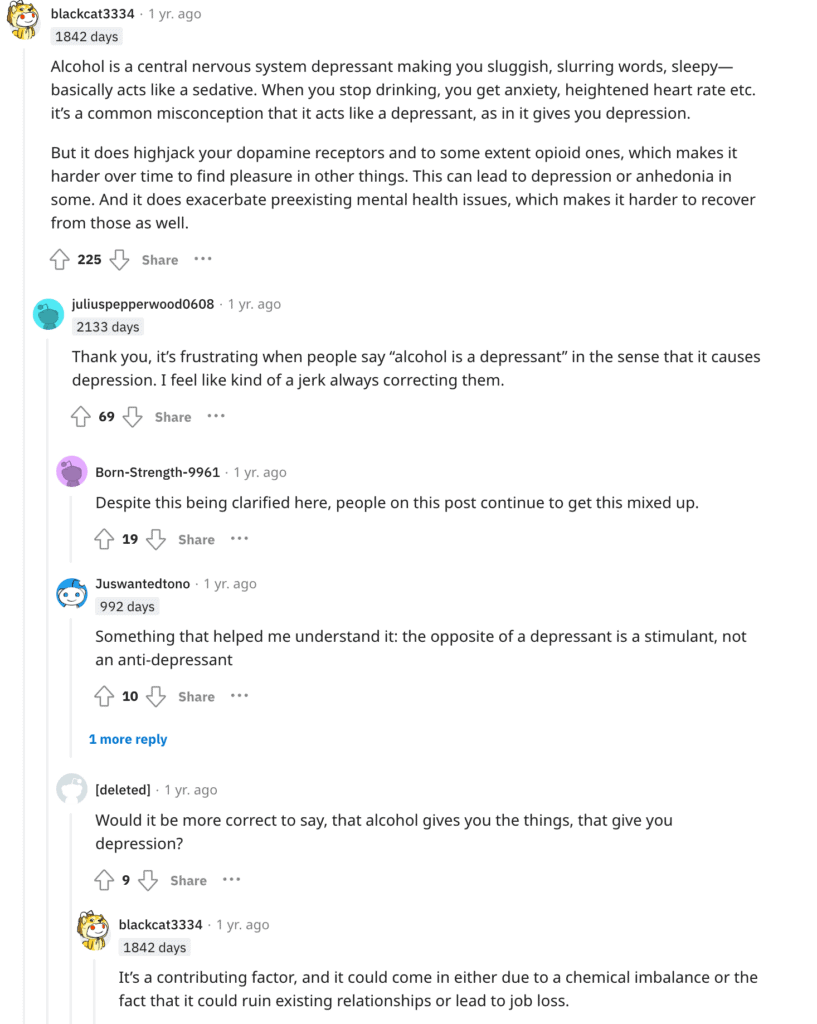
How prevalent are depressive and anxiety symptoms among individuals with alcohol dependence?
Depressive and anxiety symptoms are notably prevalent among individuals with alcohol dependence. According to Schuckit (1996), as many as 80% of alcoholics report experiencing significant periods of sadness, with about one-third suffering from severe depression that significantly hinders their daily functioning. Additionally, approximately 40% of those with alcohol dependence have faced intense panic attacks, highlighting the frequent co-occurrence of these psychological symptoms. SAMHSA’s 2022 National Survey on Drug Use and Health further supports these findings, revealing that roughly 21.5 million adults in the United States have a co-occurring mental illness and substance use disorder — dual diagnosis statistics.
What are the clinical implications of co-occurring depressive and anxiety disorders in alcoholics?
The coexistence of depressive and anxiety disorders with alcoholism necessitates a more intensive and integrated approach to treatment. Such psychological symptoms, if not adequately addressed, can lead to a worse prognosis for individuals with alcohol-related issues, including a heightened risk of suicide, especially during intense depressive episodes. Healthcare providers must implement comprehensive intervention strategies that address both substance use and the accompanying mental health conditions to improve treatment outcomes.
Why Does alcohol make you feel depressed?
Alcohol can make you feel depressed because alcohol is a central nervous system depressant, which means it can slow down brain functioning and alter the brain’s neurotransmitter balance. These changes can affect mood and behavior, leading to feelings of sadness or depression, especially in individuals who consume large amounts of alcohol or drink regularly.
The impact of alcohol on mood is complex and can vary from person to person. For some, moderate alcohol consumption might initially create a sense of relaxation or euphoria. However, as the effects of alcohol wear off, it can lead to negative emotional states, including feelings of depression.
Moreover, chronic alcohol use can lead to physiological changes in the brain that may exacerbate depressive symptoms. It can also interfere with the effectiveness of antidepressant medications, making depression harder to treat.
It’s important to note that if someone has a pre-existing mental health condition, such as depression, alcohol use can worsen their symptoms. Therefore, individuals with a history of depression are generally advised to limit or avoid alcohol consumption. If you or someone you know is struggling with alcohol-related depression, it’s important to seek professional help.
How long does depression last after quitting drinking?
The duration of depression after quitting drinking can vary significantly from person to person, as it depends on several factors including the individual’s physical health, the severity and duration of their alcohol use, their mental health history, the presence of a support system, and whether they are receiving any treatment for depression.
For some individuals, depressive symptoms may begin to improve within a few weeks of quitting drinking, as the body and brain start to recover from the effects of alcohol. However, for others, especially those who have been drinking heavily for a long period or have a history of mental health issues, depression can last longer.
It’s also important to note the phenomenon of “post-acute withdrawal syndrome” (PAWS), which can occur in some individuals who have stopped drinking. PAWS can include prolonged withdrawal symptoms, including depression, that can last for several months or even up to a year after quitting alcohol.
What treatment approaches are recommended for alcoholics with high levels of depression?
Effective treatment for individuals struggling with alcoholism and concurrent significant depression or anxiety requires a multifaceted therapeutic approach, blending psychoeducation, counseling, and various forms of psychotherapy. According to the research by Schuckit (1996), psychoeducational support can play a crucial role in helping patients understand the interplay between alcohol use and their mental health symptoms, which is essential for effective management and prevention of relapse.
For those exhibiting severe depressive or anxiety symptoms, clinical guidelines suggest that hospitalization may be required to ensure safety, particularly to mitigate the risk of suicide. The article by Schuckit (1996) in “Alcohol, Anxiety, and Depressive Disorders” highlights the importance of intensive monitoring and intervention during acute episodes. Additionally, the National Institute on Alcohol Abuse and Alcoholism (NIAAA) supports the use of integrated treatment programs that address both substance use disorders and mental health issues simultaneously, which have been shown to improve patient outcomes (NIAAA, 2020).
Behavioral therapies such as Cognitive Behavioral Therapy (CBT) and Dialectical Behavior Therapy (DBT) are particularly effective for treating anxiety and depression in the context of alcoholism. These therapies help patients develop coping mechanisms to manage stress and avoid triggers. Studies, such as those reviewed by Brady and Lydiard (1993), have demonstrated the effectiveness of CBT in reducing symptoms of both anxiety and depression, thus reducing the dependency on alcohol as a coping mechanism.
Furthermore, relaxation techniques and stress management strategies are integral parts of the treatment, as they help reduce the physiological symptoms associated with anxiety and panic attacks. Techniques such as guided imagery, mindfulness meditation, and progressive muscle relaxation are recommended practices within these treatment frameworks to help individuals regain control over their stress responses and improve their overall mental health.
Overall, the combination of psychoeducation, therapeutic interventions, and targeted behavioral therapies provides a comprehensive treatment strategy for alcoholics with significant levels of depression or anxiety, ensuring a holistic approach to recovery and long-term wellness.
What Types of Addiction Treatment Programs in Rehab Centers Are Most Effective for Alcoholics with Severe Depression?
Rehab centers offer a range of specialized treatment programs that are particularly effective for individuals dealing with both alcohol use disorder (AUD) and severe depression. These integrated treatment approaches are designed to address the complexities of co-occurring disorders, ensuring a comprehensive recovery process:
1. Dual Diagnosis Treatment Programs
Rehab centers with dual diagnosis capabilities are critical for patients with severe depression and AUD. These programs provide simultaneous treatment for both conditions, using an integrated approach that has been shown to improve outcomes significantly. Studies like those by Drake, Mueser, and Brunette (2007) have demonstrated the efficacy of treating both mental health and substance use disorders together rather than separately.
2. Inpatient Rehab Programs
For those facing severe depressive symptoms alongside alcohol dependence, inpatient rehab programs offer a structured and supportive environment. Patients benefit from round-the-clock care and an array of therapeutic modalities, which can include medical treatment, psychotherapy, and group support. Research, including findings published in the Journal of Substance Abuse Treatment, highlights the effectiveness of inpatient care for patients with high psychiatric severity (Sacks et al., 2014).
3. Outpatient Treatment Programs
Outpatient rehab programs serve as a vital step down from inpatient care or as a standalone option for those with less severe depression. These programs allow individuals to engage in therapy and support while maintaining their daily routines, offering flexibility and facilitating recovery integration into daily life. The American Journal of Psychiatry notes that structured outpatient programs can effectively manage AUD and depression when they provide sufficient therapeutic intensity (Ouimette et al., 1998).
4. Support Groups

Support groups facilitated by rehab centers, such as Alcoholics Anonymous and other 12-step programs, offer ongoing peer support that is crucial for sustainable recovery. These groups provide a community where individuals can share experiences, gain insights, and receive emotional support, which is particularly beneficial for those dealing with depression and addiction simultaneously (Kelly et al., 2009).
5. Aftercare and Continuous Support
Effective rehab centers emphasize the importance of aftercare programs to prevent relapse and support long-term recovery. These services may include ongoing therapy, support group meetings, and sober living arrangements, which are especially important for individuals with persistent or cyclic depressive symptoms.
By offering these targeted treatment programs, rehab centers equip individuals with the tools and support needed to effectively manage their alcohol addiction and severe depression, paving the way for a successful and long-lasting recovery.
What Are The Top Alcohol and Depression Treatment Centers in the US?

When searching for top treatment centers that specialize in both alcohol addiction and depression in the United States, it’s important to select facilities that offer comprehensive, dual diagnosis treatment programs. These centers are renowned for their effective care in treating substance abuse alongside co-occurring mental health conditions such as depression. Here are some of the premier centers known for their excellence in providing holistic and individualized care:
1. Valley Spring Recovery Center
- Location: Norwood, New Jersey
- Features: Nestled in Bergen County, close to New York City, Valley Spring Recovery Center employs a holistic approach to treatment. It offers specialized programs for substance use disorders and dual diagnosis treatment in New Jersey for depression. Patients benefit from a blend of natural and clinical therapies, including innovative integrative therapies such as yoga and music therapy, tailored to treat both addiction and underlying depressive disorders.
2. Hazelden Betty Ford Foundation
- Location: Multiple locations including Minnesota, California, and New York
- Features: Hazelden Betty Ford is one of the most established and revered treatment centers in the U.S., offering a comprehensive range of addiction treatment services. The center integrates evidence-based practices for addiction treatment with robust mental health services that address underlying issues like depression.
3. The Caron Foundation
- Location: Wernersville, Pennsylvania
- Features: Caron provides a wide variety of treatment programs that are customized to meet specific needs, including gender-specific programs and treatments for teens and young adults. Their approach encompasses medical, psychological, and spiritual care.
4. McLean Hospital
- Location: Belmont, Massachusetts
- Features: Affiliated with Harvard Medical School, McLean Hospital offers specialized programs for substance abuse and related mental health conditions. Known for their innovative, evidence-based treatment methods, they are a leader in the field.
5. The Menninger Clinic
- Location: Houston, Texas
- Features: Menninger is known for providing comprehensive psychiatric care and specializes in treating complex cases of mental health and addiction. Their programs are highly personalized, combining advanced medical care with extensive psychotherapeutic interventions.
6. Sierra Tucson
- Location: Tucson, Arizona
- Features: Famous for its scenic location and holistic treatment approach, Sierra Tucson offers a combination of natural and clinical therapies. The center is also renowned for its integrative therapies, which include equine therapy, biofeedback, and yoga.
7. Silver Hill Hospital
- Location: New Canaan, Connecticut
- Features: This hospital provides both inpatient and transitional living programs for individuals dealing with addiction and psychiatric disorders. Silver Hill blends traditional psychotherapeutic treatments with more innovative modalities to address the full spectrum of patient needs.
8. Lindner Center of HOPE
- Location: Mason, Ohio
- Features: This facility provides a broad range of mental health services, including programs for substance use disorders. Their comprehensive care includes options for residential treatment, outpatient services, and psychoeducational programs.
Each of these centers is highly regarded for their commitment to treating both the symptoms of alcohol dependency and the underlying depressive disorders that may accompany it. When choosing a treatment center, it is crucial to consider the specific needs of the individual, including the severity of their condition and their personal treatment preferences.
Factors to consider when selecting the right treatment center include:
- Accreditation
- Staff credentials
- Treatment approaches
- Insurance coverage
- Aftercare support
Keep in mind that the most effective course of recovery treatment will vary from person to person and depends on the degree of AUD. Exploring your options and selecting the right treatment center can help you find the necessary support and guidance for your recovery journey.
What Are The Essential Components of Dual Diagnosis Treatment Centers?

Dual-diagnosis treatment centers treat substance use disorder and mental health conditions simultaneously. The combination of substance use disorder treatment and depression treatment work together to create a solid foundation for recovery, addressing the complex needs of individuals with co-occurring conditions.
Integrated Care
Integrated care is a treatment approach that combines medical and mental health services, including mental health services administration, to tackle both addiction and co-occurring mental health disorders simultaneously. This approach is key to enduring recovery, acknowledging the interconnected nature of alcohol addiction and depression, and offering comprehensive support for individuals seeking help.
Examples of effective integrated care approaches in dual diagnosis treatment include Integrated Dual Diagnosis Treatment (IDDT), which combines pharmacological, psychological, educational, and social interventions, and the holistic approach, which treats symptoms of co-occurring disorders while addressing their root causes. Integrated treatment offers comprehensive and coordinated care, helping individuals attain fuller recovery and reduce chances of relapse.
Evidence-Based Therapies
Evidence-based therapies, such as Cognitive Behavioral Therapy (CBT) and Dialectical Behavior Therapy (DBT), are crucial for addressing the underlying issues contributing to both alcohol addiction and depression. CBT focuses on identifying and altering negative thought patterns and behaviors, helping individuals develop healthier coping strategies and improve their emotional well-being. In the context of alcohol addiction, CBT can help individuals recognize and modify the thoughts and behaviors that contribute to their drinking, as well as address underlying issues like stress, anxiety, or depression.
DBT is another evidence-based treatment that combines elements of cognitive-behavioral therapy and mindfulness practices. It is effective for dual diagnosis treatment, as it helps individuals with co-occurring mental health and substance use disorders develop skills to manage intense emotions, improve interpersonal relationships, and regulate impulsive behaviors. By providing a comprehensive approach to address both addiction and mental health issues, DBT leads to better outcomes in dual diagnosis treatment.
Medication-assisted Therapies (MAT) are also known to be effective in treating substance abuse, including drug and alcohol addiction, and depression. These therapies at an alcohol rehab involve the use of medications to address substance use disorders, helping to alleviate withdrawal symptoms and promote long-term sobriety. For depression, selective serotonin reuptake inhibitors (SSRIs) and serotonin-norepinephrine reuptake inhibitors (SNRIs) are commonly prescribed. A consultation with a healthcare professional is necessary to determine the most suitable medication-assisted therapy for an individual’s needs.
Multidisciplinary Team Approach
A multidisciplinary team approach is an integral part of dual diagnosis treatment centers, as it ensures that all aspects of a patient’s needs are addressed, including medical, psychological, and social factors. This approach involves a team of professionals from diverse disciplines collaborating to deliver comprehensive care for addiction and the associated mental health disorder.
The multidisciplinary team in dual diagnosis treatment centers typically consists of:
- Integrated treatment specialists
- Counselors
- Case managers
- Clinicians
- Occasionally family members
Each professional brings their expertise to the team, working together to provide comprehensive and holistic care for individuals with dual diagnosis.
What Are The Alternative Treatment Options for Alcohol and Depression?
In addition to traditional treatment approaches, alternative options for alcohol and depression recovery, such as holistic therapies, support groups, and outpatient programs, can complement and cater to individual needs and preferences. Holistic therapies, for example, may include family therapy, alternative medicine, meditation, yoga, and herbal remedies.
Support groups are also known to be effective in alcohol and depression recovery, offering a peer-oriented social model and a supportive environment for individuals in recovery. These groups offer guidance, promote sobriety, and help individuals form positive connections, making them an integral part of addiction treatment programs and long-term recovery.
Outpatient programs offer numerous advantages, such as flexibility in scheduling, the ability to continue with daily responsibilities, and cost-effectiveness compared to inpatient treatment. By providing access to a supportive community and ongoing therapy, outpatient programs assist individuals in maintaining their recovery in the long run.
Are Their Real-Life Success Experiences Overcoming Alcoholism and Depression?
Success stories from individuals who have undergone dual diagnosis treatment for alcohol use and depression provide inspiration and hope for those seeking help for alcohol addiction and depression. These stories demonstrate the transformative power of comprehensive treatment and the resilience of the human spirit.
For example, Lisa Vreeland’s Rehab Success Story shares the journey of an individual who successfully overcame drug addiction and achieved success at a rehab center.
“My husband entered the doors of rehab after spending time in the hospital, ready to face the demons that caused him to turn to alcohol and fall into depression. From my first tearful phone call asking for help, we were met with compassion, kindness, humanity, and grace.
As my husband went through the program, my son and I were continually kept informed and part of the process. We were welcomed into “the house” to visit, enabling my young son to continue his bond with his dad. The house managers and other clients in the house were all kind and very welcoming to both my son and I, weekly. We felt we were visiting extended family for Sunday dinner.The therapists and staff at Valley Spring offered services to my son and I as we prepared for my husband to transition back home. They continued to touch base, ask of our concerns, and offer support.
Lisa Vr
When my husband returned home, his hard work was truly evident. The entire dynamic in our home had changed for the better. The skills and knowledge he gained while living in the house and attending Valley Spring Recovery are amazing. His passion for life is back, and I am forever grateful! This program is unlike any other in our area. It is a true blessing to those in need in their darkest days.
Thank you to all who played such a role in his recovery!”
Sharing these inspiring stories can help us offer encouragement and support to those dealing with the challenges of alcohol addiction and depression.
What are tips for finding help for alcohol abuse?
Finding help for alcohol abuse is a crucial step toward recovery, and there are several avenues you can explore to get the support you need. Firstly, consider speaking with a healthcare professional, such as your primary care doctor. They can assess your situation, provide guidance, and refer you to appropriate resources. Another valuable resource is addiction specialists or mental health professionals who specialize in substance abuse disorders. They can offer personalized treatment plans, which may include therapy, medication, or both.
Support groups, such as Alcoholics Anonymous (AA), provide a community of individuals who understand the challenges of overcoming alcohol abuse. These groups offer peer support, shared experiences, and strategies for staying sober. For more intensive treatment, inpatient or outpatient rehabilitation programs can be highly effective. These programs provide structured treatment, including medical supervision, counseling, and support for long-term recovery.
Don’t overlook the importance of a strong support system. Friends and family can offer emotional support and encouragement, which is invaluable during recovery. Additionally, online resources and helplines can provide immediate assistance and information about local treatment options.
Remember, seeking help is a sign of strength, not weakness. Overcoming alcohol abuse is a journey, and finding the right help is the first step towards a healthier, sober life. Each person’s path to recovery is unique, so it’s important to find the treatment and support that work best for you.
Recommended Reading: Tips For Choosing An Alcohol Rehab
What is the success rate of Betty Ford Clinic?
The Butler Center for Research at the Hazelden Betty Ford Foundation states that 89% of all those completing alcohol treatment remain sober for the first-month post-rehab, while 68% remain sober when detoxing before treatment.
How many rehabs are in the United States?
There are 16,066 substance abuse treatment facilities in the United States. Around 1.46 million patients enroll in substance abuse clinics annually, while 1.36 million enroll in outpatient services according to SAMSHA.
What is the success rate of rehab in the US?
Rehab success rates of rehab in the US range from 68 percent to 95 percent, with an average of 89 percent staying sober in the first month after treatment and 80 percent benefiting from improved quality of life and health after completing rehab according to the Butler Center for Research.
What is the difference between inpatient and outpatient treatment for alcohol addiction and depression?
Inpatient treatment is typically recommended for more severe cases of alcohol addiction or co-occurring mental health disorders, while outpatient treatment is suitable for less severe diagnoses that can be managed with regular visits to a facility.
Sources
- Schuckit MA. Alcohol, Anxiety, and Depressive Disorders. Alcohol Health Res World. 1996;20(2):81-85. PMID: 31798156; PMCID: PMC6876499.
- https://www.reddit.com /r/stopdrinking/ comments/x48g19/can_drinking_cause_depression/
- Cox BJ, Norton GR, Swinson RP, Endler NS. Substance abuse and panic-related anxiety: A critical review. Behavior Research and Therapy. 1990;28(5):385–393. [PubMed] [Google Scholar] [Ref list]
- Brady KT, Lydiard RB. The association of alcoholism and anxiety. Psychiatric Quarterly. 1993;64(2):135–149. [PubMed] [Google Scholar] [Ref list]
Dr. Michael Olla
All author postsShare This Post

